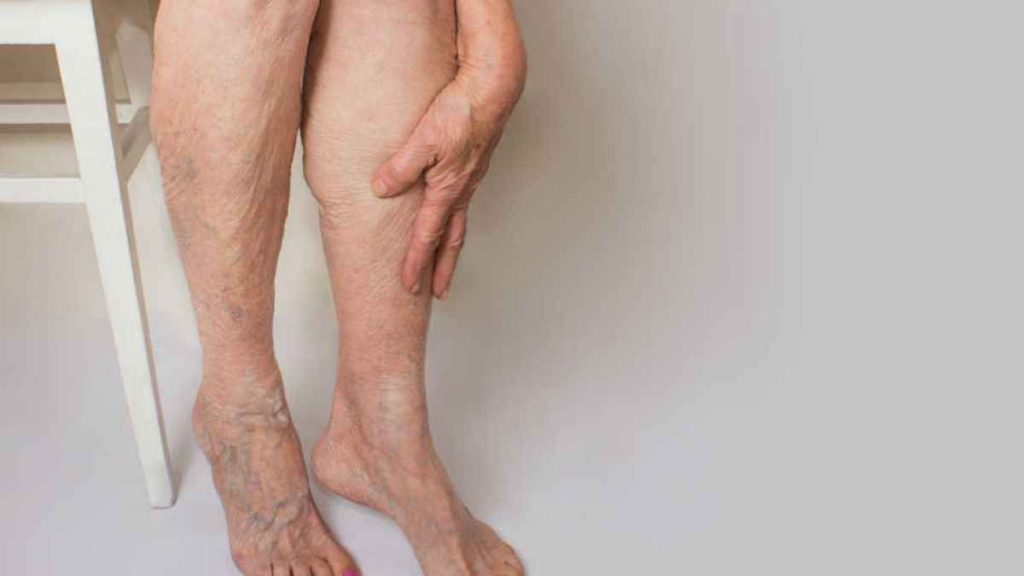Medical research shows that many people have varicose veins, and some struggle with painful symptoms due to ignorance about treatments. The vein specialist Davenport, FL, at Vein & Cardiovascular Center offers excellent minimally invasive therapies that improve the appearance of your legs and alleviate your symptoms.
What do you need to know about varicose veins?
Varicose veins are unsightly, ropelike superficial veins often at the back of your legs. When your valves malfunction, your blood flows backward, accumulating and expanding the walls of the veins in your legs. Over time the veins enlarge, forming twisted cords that may cause you to lose confidence in your physical appearance. Varicose veins can occur in different colors, including red, blue, or purple. These unsightly veins may make your legs appear less attractive, limiting your fashion sense.
Varicose veins rarely cause uncomfortable symptoms, but you may need medical intervention when they do. In addition to distorting the appearance of your legs, varicose veins may lead to ankle-swelling, persistent achiness or leg soreness, and itchy legs. If left untreated, this disorder can advance into a severe medical condition known as chronic venous insufficiency. Vein & Cardiovascular Center specialists recommend getting treatment early to prevent complications like leg ulcers.
What are the most prevalent myths about varicose veins?
Although many believe they are well conversant with the causes of varicose veins, some may rely on myths as a source of information. Some of these beliefs may prevent individuals with varicose veins from seeking the appropriate treatment they need. The most prevalent myths include:
1. Varicose veins are for women only.
Although women have higher chances of developing veins, it does not mean that men are immune to them. Hormone fluctuations during menopause or pregnancy may be a viable cause. Conversely, men may develop varicose veins due to their genetic predisposition. If you have a family member with varicose veins, you have a high risk of developing them regardless of sex.
2. Crossing your legs increases your chances of getting varicose veins.
Wearing tight pants or crossing your legs does not affect your valves’ functioning. External pressure on your blood vessels is too little to damage the walls of your veins; however, it can exacerbate your symptoms. Additionally, remaining in one position may hinder blood circulation, worsening your symptoms. You may need to alternate between standing and sitting to promote blood circulation.
3. Varicose vein treatment approaches are painful.
There are myths circulating that varicose vein treatments are uncomfortable, require a lengthy recovery period, and cause scarring in the treatment area. This fact was actual in the past, but with advanced technology, the Vein & Vascular Center team can offer treatment with little to no discomfort. Laser ablation or radiofrequency surgeries guarantee excellent results and little downtime. These treatments employ light or heat to collapse the affected vein. Afterward, your body naturally absorbs the collapsed vein and redirects blood to flow into healthy veins.
If your varicose veins make you feel less attractive, call Dr. Pal or book your spot online to begin your treatment.

